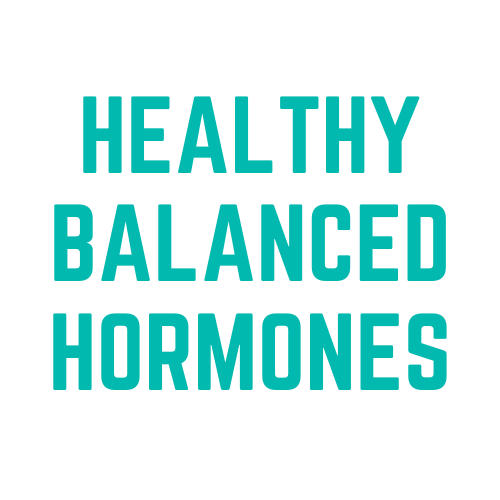Cancer Toxins to Avoid
As a woman, cancers like breast and ovarian cancer are a high risk, but you can get any type of cancer out there. While some of your risk has to do with genetics and lifestyle choices, there are also some toxins you may not be aware you are exposed to. Make sure you avoid these cancer toxins.
Pesticides
The first type of toxin that can potentially lead to cancer is pesticides. Pesticides are most often found in your food, but by making smart choices and rinsing what you can, you have a great method for reducing how many pesticides you ingest. Typically, it is just a small amount of residue, but any amount you can wash off, the better you will be. The pesticides that may cause cancer are herbicides, insecticides, and fungicides. They can not only lead to cancer, but pose other serious health risks as well. The biggest culprits for these toxins are produce and meat products.
Arsenic
Believe it or not, you might also be ingesting some arsenic into your body, which is another known cancer toxin. Arsenic is of course a deadly toxin to be avoided, but it is also found in common foods and drinks you wouldn’t think of. This can be anything as simple as apple seeds, to something like wine. Many red and white wine uses a small amount of arsenic, and the World Health Organization is looking at how even small trace amounts might increase your risk for cancer.
Chloroform
Chloroform is a chemical that is a little less common, but can be found in oxygen, food, and even your own water. This is most often a concern when you live somewhere that doesn’t have clean drinking water, or if you eat a lot of processed foods. This is yet another reason to try and stick to whole, fresh foods, and go organic whenever possible.
As you can see, simple foods you eat every day could possibly have dangerous toxins that lead to cancer and other serious diseases. By sticking to fresh foods, cooking at home, and making sure everything is rinsed thoroughly, you are going far at reducing how many of these toxins you ingest into your body. You can also talk to your doctor about other potential cancer risks, particularly for the cancers that are a higher risk for women, like breast cancer and ovarian cancer.

